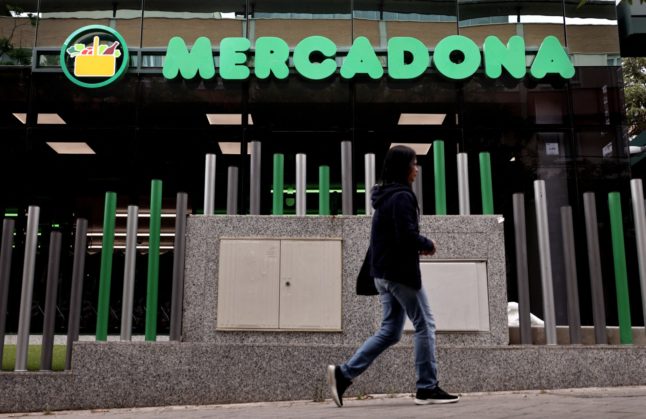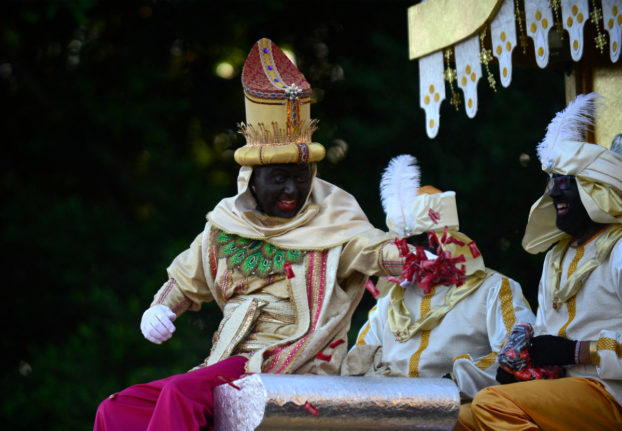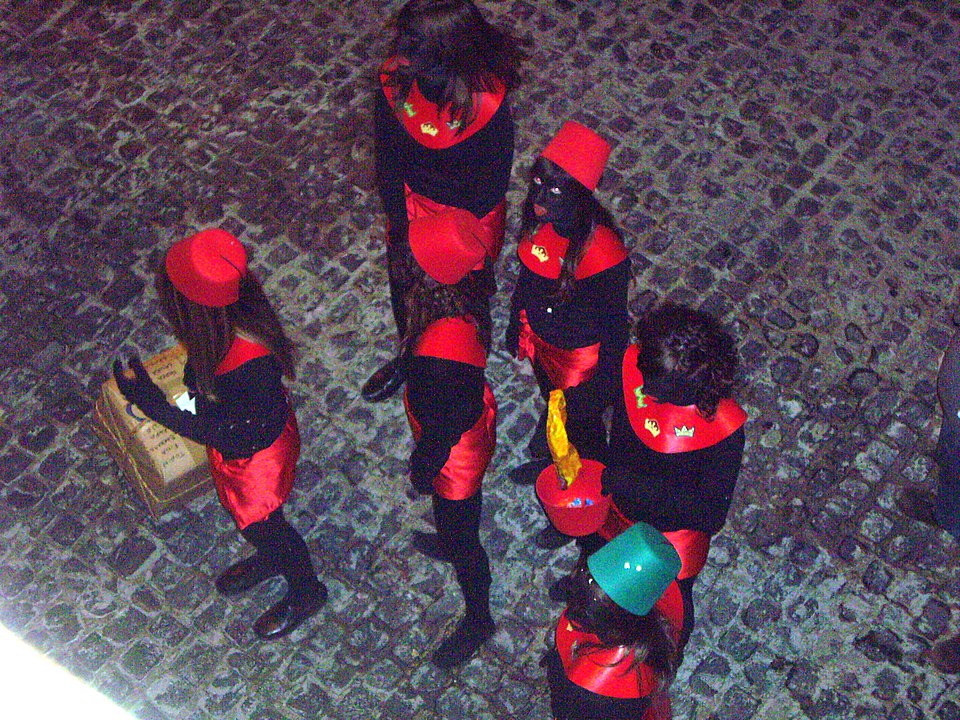Saturday 6th January is Epiphany, or Three Kings Day as it’s known in Spain.
For many Spaniards, January 6th is actually a bigger day than December 25th. That means it’s a national holiday, which means that many establishments (supermarkets, gyms, pharmacies, bars and restaurants) are either closed or open with reduced timetables.
But that doesn’t mean everything is closed.
Here’s what you need to know.
READ ALSO: Why Spain loves the Three Kings more than Santa
Supermarkets
Mercadona
Mercadona stores are closed on Saturday January 6th.
With the 7th being a Sunday, that means Mercadona will be closed all weekend.
Aldi
Aldi will not be open on Epiphany either. However, some stores will open with reduced timetables on Sunday 7th.
You can check your local store here.
Carrefour
Carrefour will be closed on Saturday 6th.
However, some Carrefour Express shops will open with reduced hours on the 6th.
You can check which ones will open and their timetable here on the store locator.
Alcampo
Alcampo stores will also be closed on January 6th, though some local stores may open on Sunday 7th with reduced timetables, depending on the location.
You can check their store finder tool here to see local hours.
Día
Día supermarkets will be closed on Saturday 6th. It seems some branches will open on Sunday 7th, though again it depends where.
You can check your local store here.
Hipercor and Supercor
Hipercor and Supercor, both part of the El Corte Inglés brand, will both be closed on 6th January, though some Supercor stores may open with reduced timetables.
You can use the Supercor shop finder here to find your local store.
Are pharmacies open on Saturday 6th in Spain?
Most pharmacies seem to be opening with ‘holiday’ hours on the 6th, which is usually 9am-2pm, though it will depend on the individual branch.
In bigger towns and cities there will likely be some open.
Are bars and restaurants open on Saturday 6th in Spain?
Similarly, bars and restaurants will decide on an individual basis. Your local bar might be shut, but a 100 Montaditos or other chains will likely open.
Are shops open on Saturday 6th in Spain?
Again, it depends. Your local carnicería (butcher) and other family-owned local businesses will probably be closed, but bigger chains in cities will likely open, though perhaps with a reduced timetable.
In Spain, a number of establishments are exempt from normal commercial opening hours legislation and can therefore decide for themselves whether or not to open on public holidays.
According to the law, they are:
“Establishments mainly engaged in the sale of pastries and confectionery, bread, ready meals, newspapers, fuels and combustibles, florists and plants.
Convenience stores.
Commercial establishments located at border points, stations and means of land, sea and air transport.
Establishments located in areas of great tourist influx” — known as ZGATs in Spain.
That basically means that if you’re in a major city, the chances are that most shops will be open for at least some of the day.




 Please whitelist us to continue reading.
Please whitelist us to continue reading.
Member comments